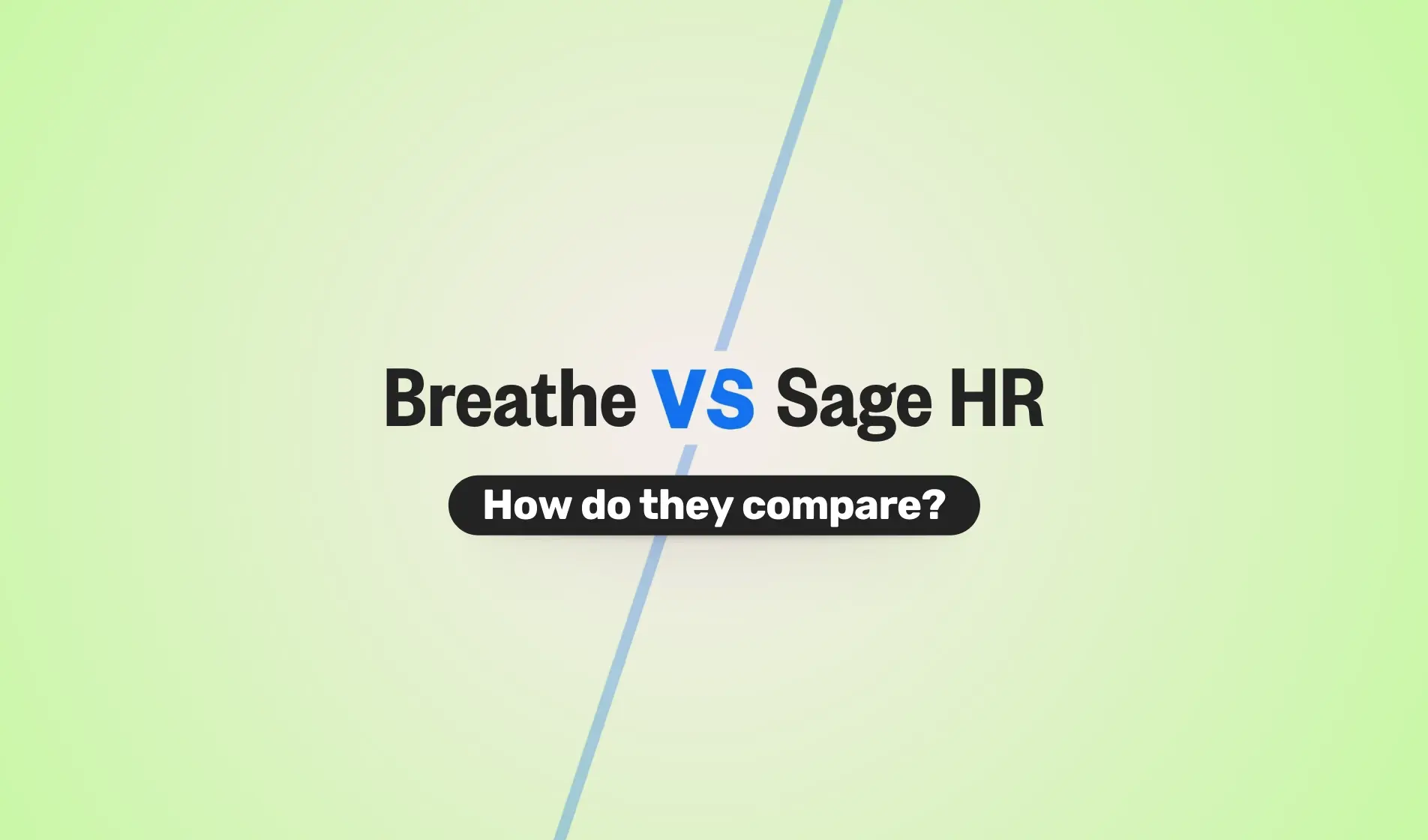One of the trickiest times you might face as a small business is when your employee announces they're leaving and, for whatever reason, they're not going to be working their notice period.
There are many things for an SME to consider during this time - the work time being lost, drop in productivity and potential cost increases (from recruitment, to hiring temporary staff).
In this blog, we take a look at what small businesses can do when faced with this situation.
Giving notice
If your employee has been with you for longer than a month, then they're obliged to give you a minimum of one week's notice. However, many contracts will require a longer period.
The only exceptions to a notice period are if a contract has been seriously breached, or if you've both agreed to waive the notice period.
If an employee decides not to turn up to work after handing in their notice, then you're not required to pay them. However, as mentioned before, you could still be left in a difficult situation as there will likely be costs linked to loss of business - so what should you do?
Prevention is better than cure
This is where you need to consider the length of notice you require your employees to give. You're free to set any length of the notice period, and, as long as the employee signs that contract, then they're required to stick to it.
This begs the question as an employer, why you wouldn't just set long notice periods for all your employees? This way you'd have a buffer to find replacements when people decide to leave. However, it's important to consider the employee in this circumstance and it is important to set the notice period in connection to the seniority of the employee's role. Otherwise, you face a much higher possibility of the employee not working their notice period (or even signing the contract in the first place).
Another method of prevention is writing a clause into all contracts which states that the company may subtract from the employee's final wages the amount they would have earned. For example, if an employee is required to give 4 weeks notice but only works 2 of them, then you would deduct 2 weeks' pay from their final wages.
What if the employee has already left?
Hindsight is a wonderful thing, however, is there anything that can be done if they've already decided not to work their notice period?
There is the expensive and time-consuming option of approaching the courts. The courts will be very unlikely to force the employee to work their notice period but they will more likely award damages for any losses the company may have suffered as a consequence of the breach of contract.
These damages can often be hard to prove, since details of any loss to profit will need to be worked out and clearly documented, along with any additional costs accrued from arranging temporary cover.
Going to court should be seen as a very last option and only if it's considered to be financially beneficial to the company. The most important step you can take is to ensure your employees contracts provide clear details on notice periods (and clauses when not kept).
Finding a compromise
Unfortunately, when someone has made up their mind to leave, it's never fruitful to try and force them into staying. And usually, once someone's made up their mind to leave a job, the window for opportunity has already passed. Whilst you would technically be within your rights to try to make them work their full notice period, their productivity is likely to be very low.
A better option would be to try to find a compromise. Could they work longer hours to make up for a shorter notice period? Could they stay just to complete an important piece of work and then be free to leave?
Calm persuasion and compromise will likely be the best option to get the most positive outcome for your business & employee. As frustrating as it might be knowing the law is on your side, letting the employee go, and not working their notice period, might just be the best business decision.
Find out how Breathe can help you to streamline your HR admin by taking out a free-14 day trial.

Author: Aimée Brougham-Chandler
An IDM-certified Digital Copywriter (2023) & English Language & Literature graduate (BA Hons), Aimée is Breathe's Content Assistant. With 3 years' content marketing experience, Aimée has a passion for writing - and providing SME HR teams with solutions to their problems. She enjoys delving into & demystifying all things HR: from employee performance to health and wellbeing, leave to company culture & much more.




